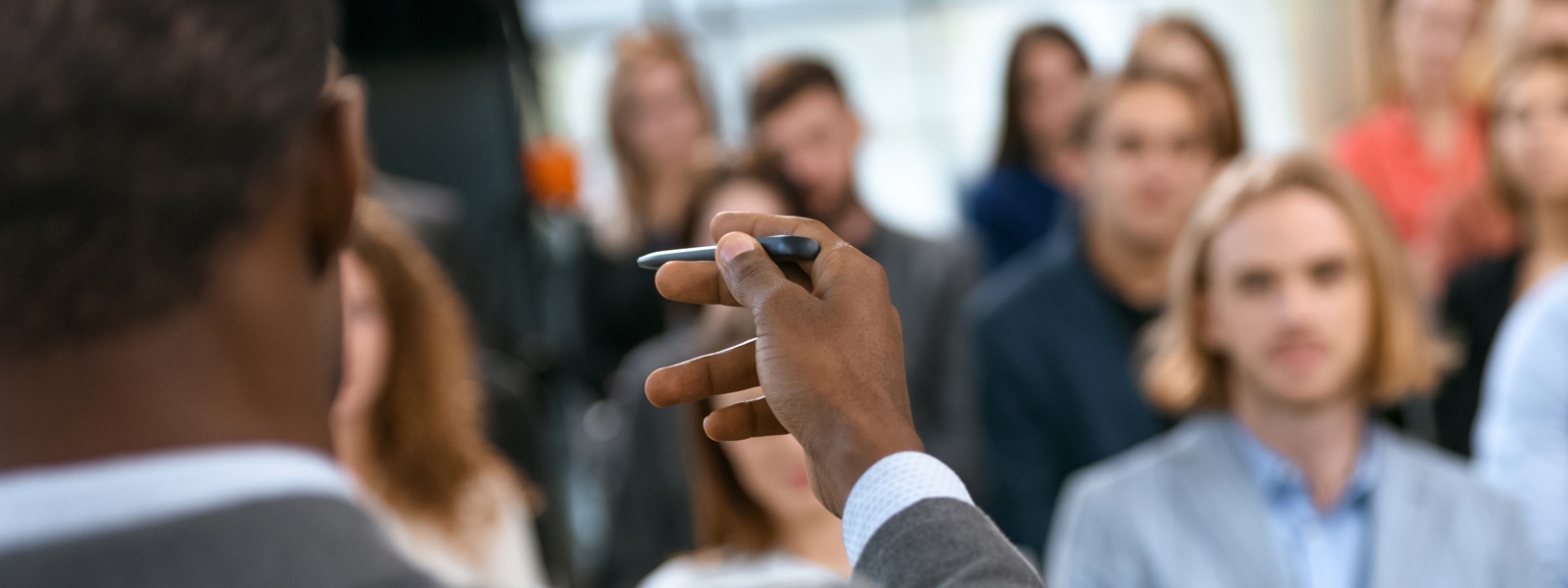New Paradigm Recovery CEO Joey Zabel speaks with Melod Teymorian from Recovery about the role of peer-recovery specialists and clinical outreach professionals. Behavioral healthcare and finding and accessing treatment can be labyrinthian to those who have not experienced it. People find their way into treatment through numerous channels and referents. During this discussion, Teymorian shares his recovery journey, how it led to his becoming a trained peer-recovery specialist, and how he now helps countless others find treatment.
Peer-recovery specialists are people in recovery committed to helping others access care by becoming professionally certified. Certification requires 30 hours of coursework, 90 days of fieldwork, letters of recommendation, and testing. One of the most important aspects of peer-recovery specialists, as opposed to clinical care providers, is that they use lived experiences with substance use and co-occurring mental health disorders in combination with motivational interviewing and other approaches to build a strong rapport with people in various stages of change.
In this discussion, Treymorian explains the value of sharing openly about his recovery journey, maintaining a nonjudgmental approach when working with clients, and acknowledging that people become ready for change at different times. Hospital emergency departments are primary meeting places where Treymorian encounters people in active addiction or relapse, evaluates their willingness and ability to engage in treatment, and helps those who wish to take the next steps to find treatment.
In addition to providing peer-recovery specialist services, Melod is a clinical outreach specialist with a comprehensive knowledge of available treatment resources. A major part of Melod’s work is recommending treatment providers that are specialized to the needs of each person and that are accessible to them and their access to recovery resources. Treymorian and other peer-recovery specialists represent a sometimes overlooked but vital channel through which people get the acceptance, support, and specific assistance needed to enter treatment and find recovery.
